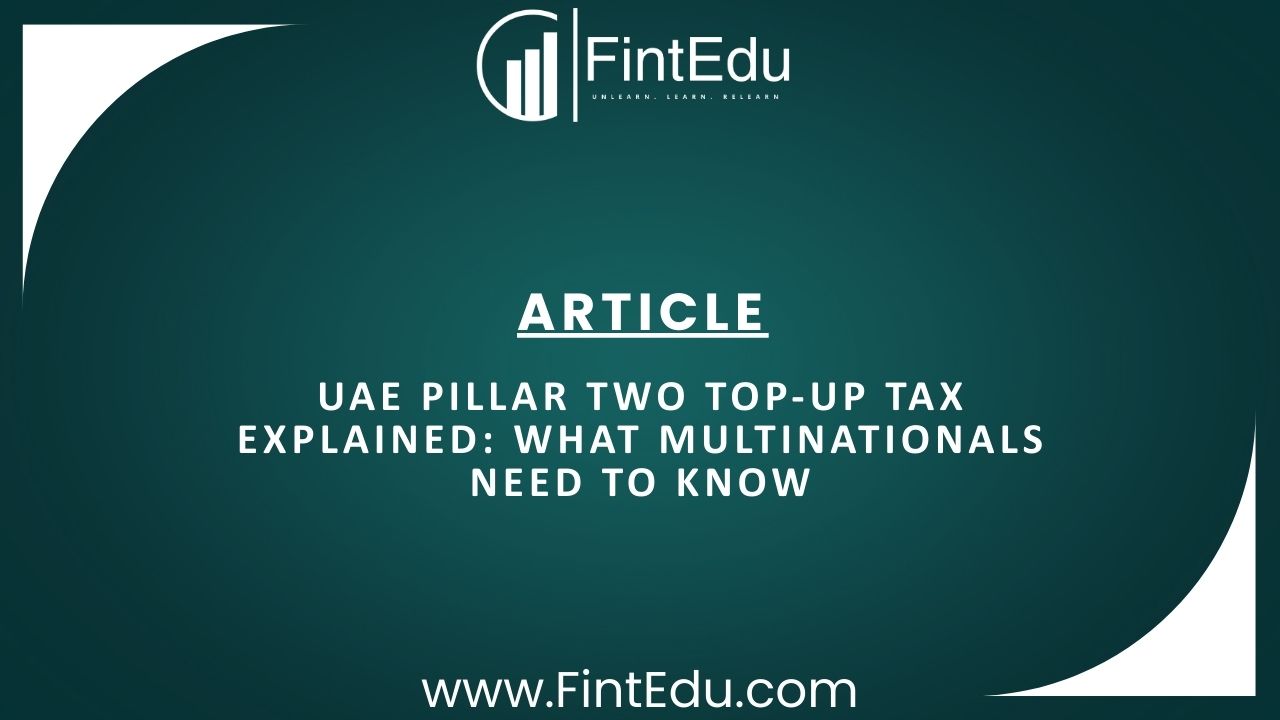LISTEN TO THIS ARTICLE
In recent times, the Zakat, Tax, and Customs Authority (ZATCA) of Saudi Arabia has issued a circular on the Value Added Tax (VAT) treatment concerning private educational services provided to Saudi citizens. This circular aims to clarify the obligations and exemptions applicable to private education service providers and Saudi nationals benefiting from such services.
Saudi Arabia levies VAT at a standard rate 15%. Yet, certain educational services provided by 'qualified private educational services' are not subject to VAT.
Let's delve deeper into the key aspects outlined in this circular.
Eligibility Criteria:
1. Any person who is a Saudi national person enrolled in 'qualified private educational services' is exempt from VAT. Thus, expatriates or their children pursuing education the Saudi Arabia may not be eligible for this benefit.
2. Services must be provided by recognised private schools, accredited international schools, private universities and faculties offering long-term educational programs supervised by the Technical and Vocational Training Corporation.
3. The nature of services is widely defined in the circular, which states that it includes tuition fees and textbook costs provided by qualified suppliers. However, services such as short-term courses or programs with durations less than two years fall outside this scope. Educational courses/services that are optional may also fall outside the purview of this exemption.
Obligations for Providers:
Private education service providers must adhere to specific obligations to ensure compliance with VAT regulations. They are required to issue tax invoices containing the national ID number and contact details of the citizens benefiting from the services. Additionally, the providers must maintain detailed records for VAT audit purposes and accurately report related supplies in periodic VAT returns. Furthermore, compliance with e-invoicing regulations is essential for seamless operations.
Conclusion:
The issuance of the circular by ZATCA regarding the VAT treatment of private educational services underscores the government's commitment to fostering transparency and accountability in the taxation framework. By providing clear guidelines and exemptions, the authorities aim to support the education sector while promoting fiscal responsibility. It is imperative for private education service providers to diligently adhere to these regulations, thereby contributing to a robust and compliant business environment in Saudi Arabia.
Disclaimer: Content posted is for informational and knowledge sharing purposes only, and is not intended to be a substitute for professional advice related to tax, finance or accounting. The view/interpretation of the publisher is based on the available Law, guidelines and information. Each reader should take due professional care before you act after reading the contents of that article/post. No warranty whatsoever is made that any of the articles are accurate and is not intended to provide, and should not be relied on for tax or accounting advice.
Contributor
Related Posts

The Growing Importance of Corporate Service Providers Corporate Service Providers (CSPs) play a key ...
Read More
The UAE has introduced a new top-up tax regime as part of its commitment to global tax reforms und...
Read More
Qatar, 05 January, 2026: The General Tax Authority (GTA) has announced that the tax return f...
Read More